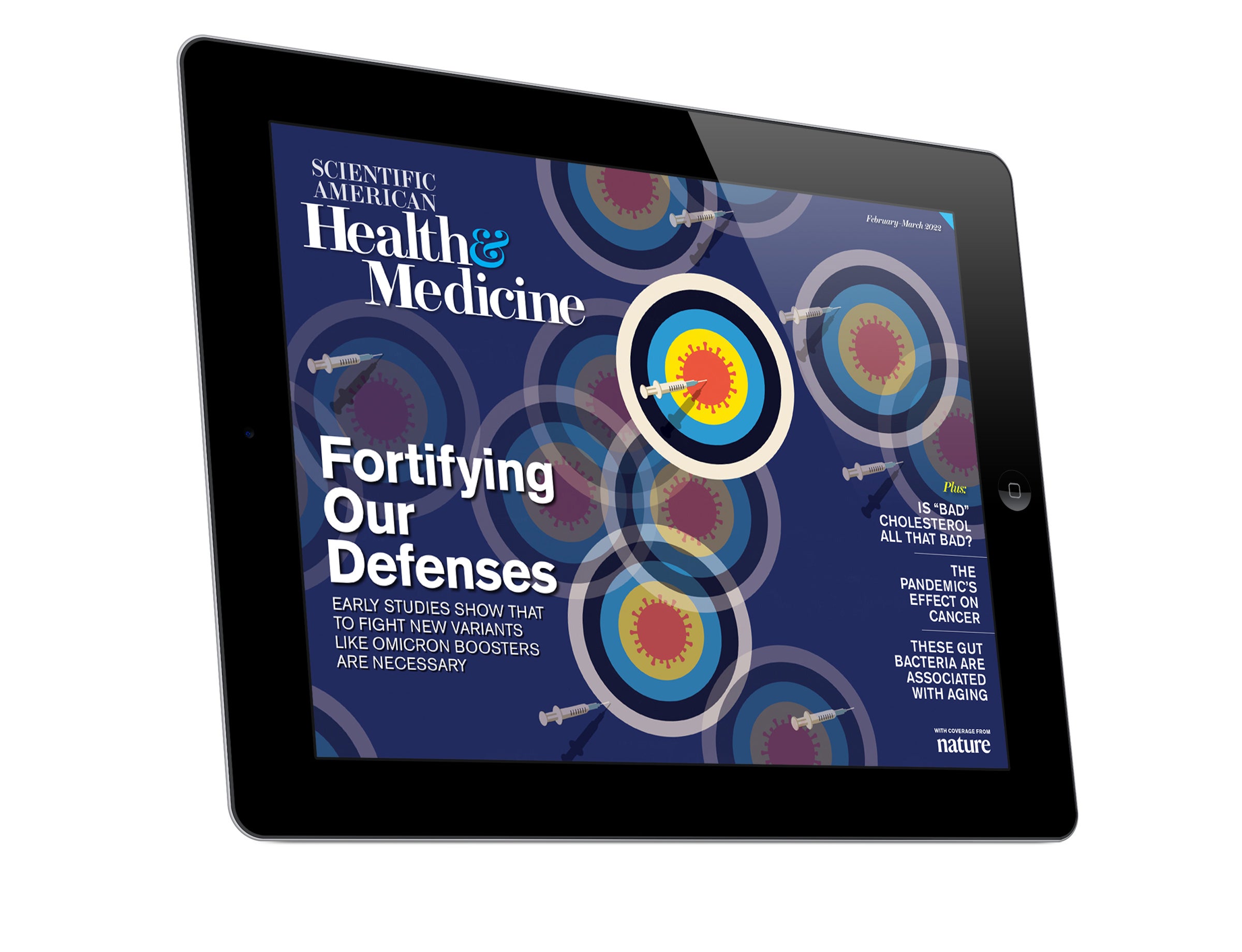The size of a child’s hippocampus can be limited by stress, and US state welfare schemes that give families $500 a month or more are linked to a reduction in this association
Illustration of the hippocampus in a child’s brain Science Photo Library / Alamy
Higher payments from US welfare schemes can reduce the impact that living in a low-income household has on the size of a crucial region of a child’s brain.
David Weissman at Harvard University in Massachusetts, and his colleagues analysed images of the brains of more than 11,000 children aged 9 and 10 in the US, looking specifically at the size of each child’s hippocampus.
“The hippocampus is a brain region involved in learning and memory,” says Weissman. Its development is believed to be impaired by excess stress, which can be caused by growing up in poverty, he says.
“Prior studies show that kids with small hippocampal volumes are more likely to develop internalising problems and develop depression,” he says.
The children came from 17 states, and while they aren’t wholly representative of the US population they are “pretty close”, according to Weissman. The data set is slightly skewed towards more urban areas because the imaging can only be done in places that have available neuroimaging equipment and related expertise.
Weissman and his team looked at whether a state had expanded Medicaid, a federally subsidised healthcare scheme, in 2017. That year, states had to choose whether to begin covering a portion of the services that were previously fully covered by the federal government. Just over 7500 of the children involved lived in states that expanded Medicaid.
Then the researchers analysed the average amount of welfare benefits people in each state received under various anti-poverty schemes. The higher this total, the more generous they considered the state’s benefits system. “It’s a rough estimate, but it works,” says Weissman.
Combining this with the brain imagery revealed that children in families that received fewer welfare benefits from their state had a smaller hippocampus than average. This link was stronger in states with a high cost of living.
The team found there was a 37 per cent reduction in the association between lower family incomes and a smaller hippocampus in states that gave each family receiving welfare payments on average $500 a month or more, compared with those that gave less than $500 a month.
The link between receiving better welfare payments and a smaller hippocampus was also reduced by 19 per cent in states that had expanded Medicaid compared with those that hadn’t.
Weissman says the results aren’t surprising, but it is still “shocking” to see how major government policy decisions have an actual effect on the brain.
“If your goal is to have a fairer society where this doesn’t happen, then you should be pushing for policies that give more cash benefits to poorer families,” he says.
“I think that this finding is tremendously important,” says Jane Barlow at the University of Oxford. “The research [in this field] now clearly shows social adversity can become biologically embedded during the prenatal period and early years of a child’s life as a result of the way in which they impact the neurological development of the child.”
Reference: PsyArXiv, DOI: 10.31234/osf.io/8nhej
More on these topics:
Note: This article have been indexed to our site. We do not claim legitimacy, ownership or copyright of any of the content above. To see the article at original source Click Here













